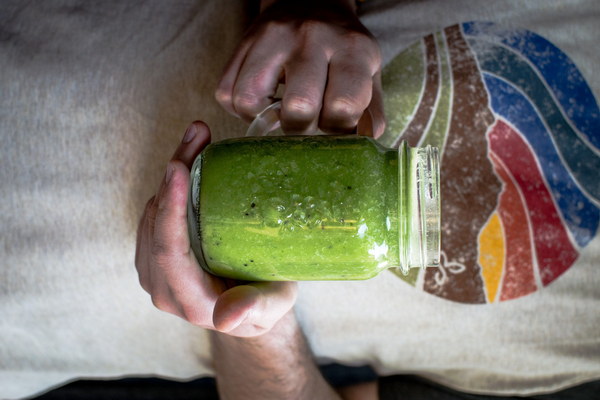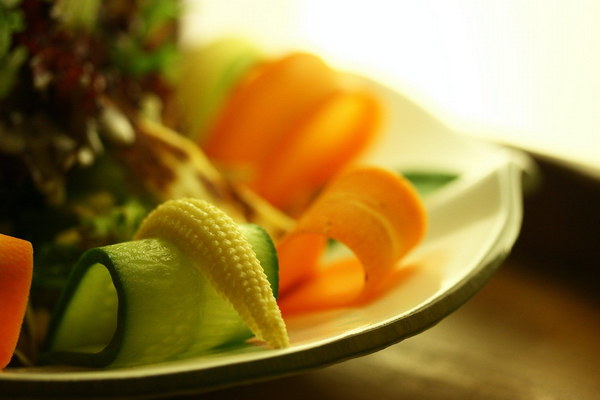Top Foods to Boost Lung Health After Secondhand Smoke Exposure
Introduction:
Exposure to secondhand smoke can significantly impact your respiratory health, leading to various respiratory issues. While completely avoiding secondhand smoke is the best way to protect yourself, consuming certain foods can help boost your lung health and reduce the negative effects of exposure. This article explores the top foods that are known for their lung-cleansing properties, providing you with a nutritious way to support your respiratory system.
1. Green Tea
Green tea is a powerhouse of antioxidants, particularly epigallocatechin gallate (EGCG), which has been shown to protect the lungs from oxidative stress caused by secondhand smoke. Additionally, green tea contains compounds that may help reduce inflammation and improve lung function.

2. Broccoli
Broccoli is rich in sulforaphane, a compound that has been found to have anti-inflammatory properties and may help protect against lung cancer. This cruciferous vegetable also contains a variety of vitamins and minerals that support overall lung health.
3. Apples
Apples are a great source of antioxidants, including quercetin, which has been shown to reduce inflammation and improve lung function. Consuming apples can help neutralize the harmful effects of secondhand smoke and support a healthy respiratory system.
4. Garlic
Garlic is known for its immune-boosting properties and may help reduce inflammation in the lungs. Allicin, a compound found in garlic, has been shown to have anti-inflammatory effects and may help improve lung function.
5. Turmeric
Turmeric is a spice that contains curcumin, a compound with potent anti-inflammatory properties. By reducing inflammation in the lungs, turmeric can help alleviate the negative effects of secondhand smoke exposure.
6. Leafy Greens
Leafy greens such as spinach, kale, and Swiss chard are packed with vitamins, minerals, and antioxidants that support lung health. These nutrients can help reduce oxidative stress and inflammation in the lungs, promoting overall respiratory health.
7. Berries
Berries like blueberries, strawberries, and raspberries are high in antioxidants, which can help neutralize free radicals and reduce oxidative stress caused by secondhand smoke. These fruits also contain vitamin C, which has been shown to improve lung function.
8. Nuts and Seeds
Nuts and seeds, such as almonds, walnuts, chia seeds, and flaxseeds, are rich in healthy fats, vitamins, and minerals that support lung health. These nutrients can help reduce inflammation and improve lung function.
9. Beets
Beets are high in nitrates, which can help dilate blood vessels and improve oxygen flow to the lungs. By increasing oxygen delivery to the lungs, beets can help reduce the negative effects of secondhand smoke exposure.
10. Ginger
Ginger is known for its anti-inflammatory properties and can help reduce lung inflammation caused by secondhand smoke exposure. It also has a soothing effect on the respiratory system, making it easier to breathe.
Conclusion:
While avoiding secondhand smoke is the best way to protect your lungs, incorporating these lung-boosting foods into your diet can help mitigate the negative effects of exposure. By consuming a variety of nutrient-rich foods, you can support your respiratory system and improve overall lung health. Remember, a healthy lifestyle, including regular exercise and avoiding smoking and secondhand smoke, is essential for maintaining optimal lung function.









